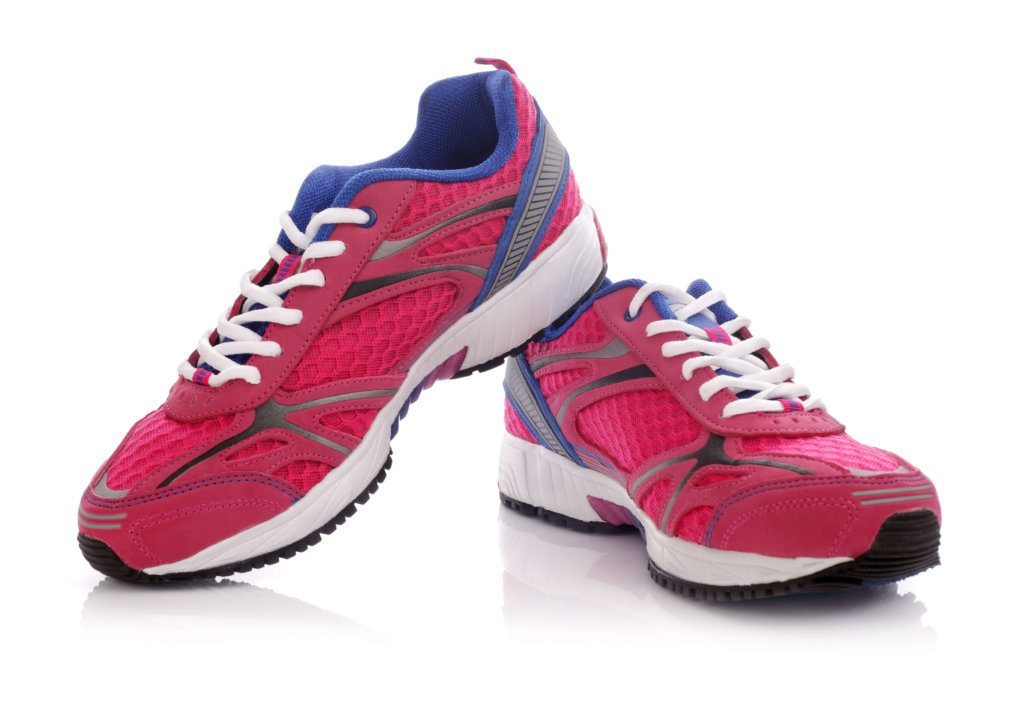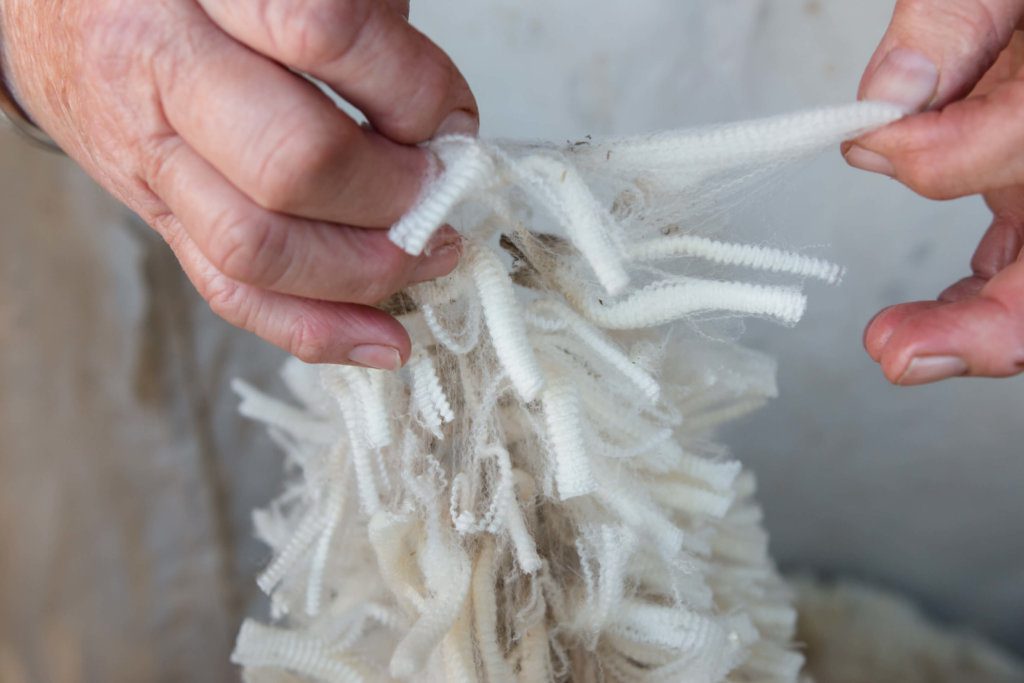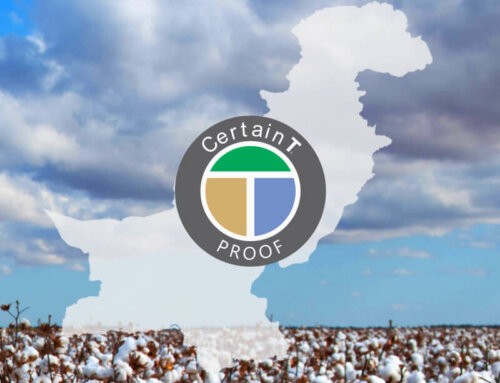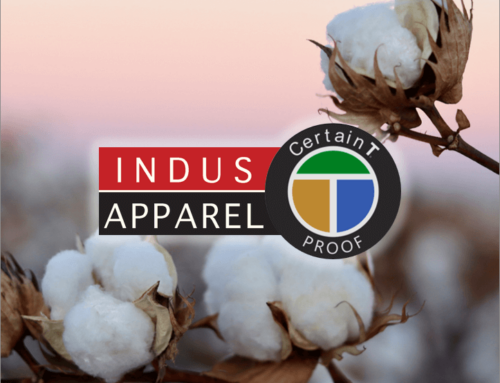The Importance of Traceability to the Outdoor Industry

By Chris Goddard, CGPR
The $887 billion U.S. outdoor industry has always been ahead of the curve when it comes to setting an example for a circular economy, albeit recycling, sustainability and traceability. Iconic outdoor brands have been early adopters of best practice technologies, and as the industry gathers for the 2019 Outdoor Retailer Snow Show, this next generation expertise will be front and center. Keep a close eye on this industry for its advanced thinking and commitment to make it happen. Watch as other industries, especially fashion and home goods, look to leading outdoor brands for inspiration in traceability solutions.
Individual brands including adidas, Outdoor, Mountain Khakis, Patagonia, PrimaLoft, and The North Face, among many others have or are introducing proprietary technologies addressing the issue of traceability. Supporting these individual brand efforts is the initiative emanating from the Outdoor Industry Association’s Sustainability Working Group (SWG), a collaborative effort among more than 150 outdoor brands, retailers, suppliers, and other stakeholder organizations working to identify and implement better business practices throughout their shared supply chains. The Group developed a set of business tools to assist brands looking for practical solutions:

- CONTENT CLAIM STANDARD: (and implementation guide): a standard for tracking and verifying the content of one or more specific raw material in a final product.
- ORGANIC CONTENT STANDARD: a standard for tracking and verifying the content of organically grown materials in a final product.
- DOWN AND WOOL: As with any fiber that is an animal byproduct, the industry is committed to ensuring that the down and wool it is sourcing is being produced using responsible and ethical practices, and leveraging its presence in the down and wool supply chains to collaborate with all involved stakeholders to achieve these best practices at scale.
Last July, the Outdoor Industry Association (OIA) released its first-ever State of Sustainability in the Outdoor Industry report, based on surveys of 120 individual small, midsize and large companies in the outdoor industry. The report quantifies the outdoor industry’s long-time collaborative efforts to reduce the impacts of its products and processes – examples to be followed by industries around the globe.
KEY TAKEAWAYS FOR THIS COMMUNITY?
- Consumers are becoming increasingly interested in traceability in relation to sustainability.
- The outdoor industry is committed to gear/apparel that minimally impacts the planet.
- Certifying organic does not mean that workers are treated ethically or that production of the product results in a smaller carbon footprint.
- Millennials are a large market that buy based on their own morals
- Fashion labels are trying to produce sustainable products to appeal to consumers, as evidenced in articles by Forbes and South China Morning Post.
- Traceability is not easy achieve because of varying suppliers, as well as the complex path materials take in the production of finished goods.
- More brands are shifting to transparency to try to keep up with the market.
- It seems that traceability began to surface mainstream 7 years ago.
To sum it all up: While outdoor brands want to be fashionable and fashion brands want to be “outdoorable”; showcasing traceability is critical, regardless of your consumer.




